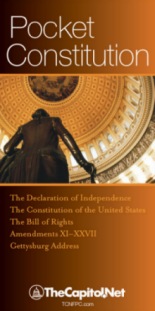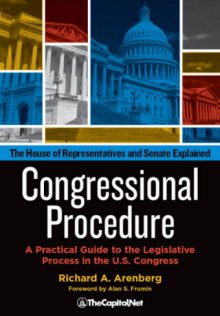Global Economic Effects of COVID-19 (CRS R46270)
Since the COVID-19 outbreak was first diagnosed, it has spread to over 200 countries and all U.S. states. The pandemic is negatively affecting global economic growth beyond anything experienced in nearly a century. Estimates so far indicate the virus could trim global economic growth by 3.0% to 6.0% in 2020, with a partial recovery in … Read more


